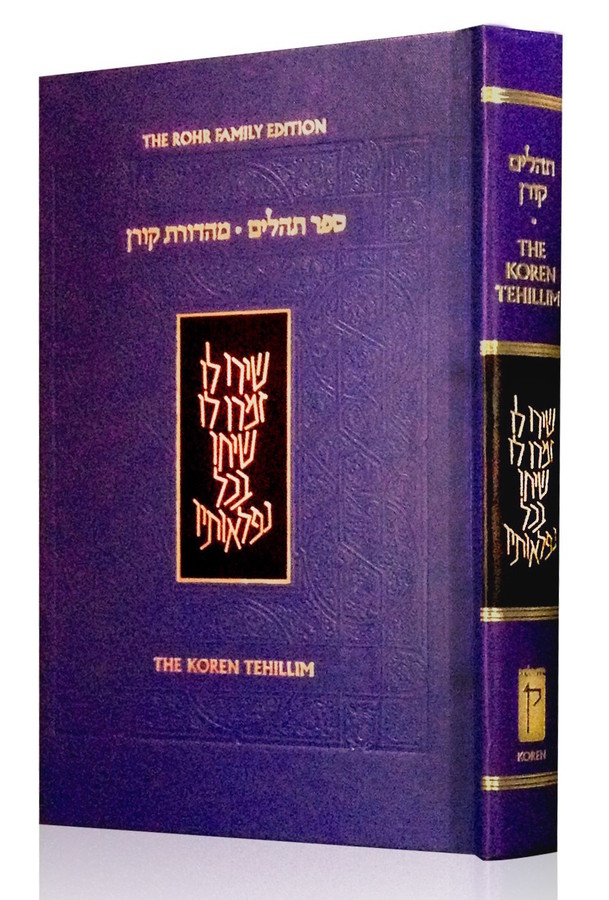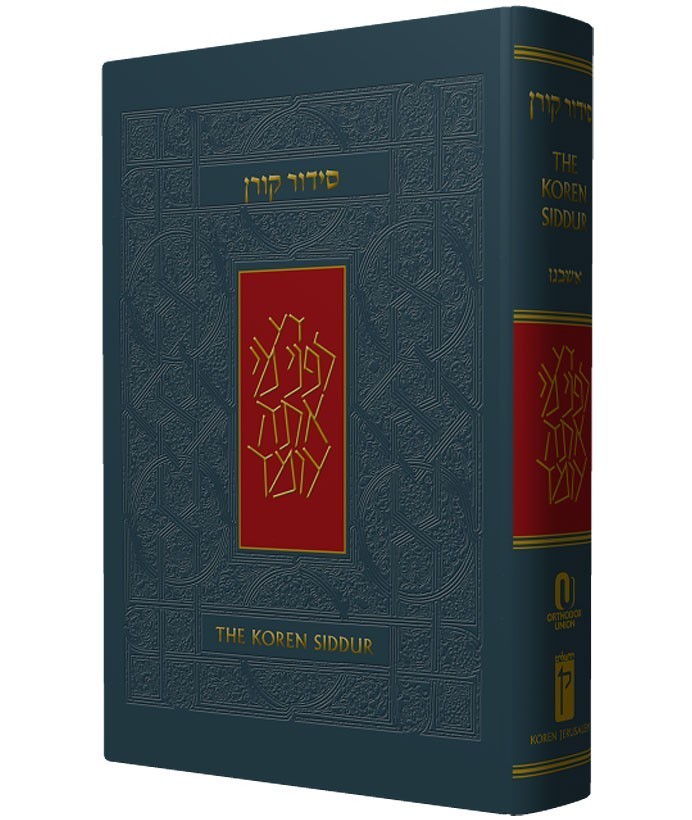For Yom Yerushalayim, Jerusalem in Tehillim
On Yom Yerushalayim will be celebrated next Wednesday, May 24, the 28 Day of Iyar, the 50th anniversary of the reunification of Jerusalem.
The role played by Jerusalem in the Jewish religion is pivotal; it’s at the center of historical experience and religious ritual, liturgy and geography.
The book of Psalms, Tehillim, is at the center of religious prayer and meditation. Within its 150 chapters can be found various prayers and meditations centering on Jerusalem. This week’s essay follows up on last week’s citation of Tehillim 122 by Michal Horowitz and further cites commentary from this and other relevant passages in Tehillim and various liturgical works that are textually and thematically related to Jerusalem.
In his commentary to Psalm 122, Rabbi Tzvi Hersh Weinreb (The Koren Tehillim) teaches us the following:
“Jerusalem is comprised of many diverse components. It is the seat of justice, and it is the seat of royalty: There the thrones of judgment are set, the thrones of the house of David.”
He continues:
“Frequently, Jerusalem found itself besieged by enemies. The major empires of history have laid claim to the city, and war was never a stranger to its citizens. More than once, those citizens were exiled from Jerusalem for years, for decades, and for centuries.
“Our psalmist knows well the power of a rebuilt Jerusalem. It can do what no other force has ever accomplished. It can heal the discord which has historically plagued Jerusalem. ‘Jerusalem, built up, is like a city compacted together,’ which our sages take to mean that it can transform all of Israel’s factions into companions of each other.”
“Pray for the peace of Jerusalem: ‘May those who love you live harmoniously; may there be peace within your ramparts, harmony in your palaces’.”
According to Rabbi Weinreb, “each verse contain two words which are essentially synonymous, ‘shalom and shalva’. We have translated them ‘peace and harmony,’ basing our translation upon Malbim’s suggestion that shalom refers to peace between the city and its external enemies, whereas shalva connotes peace within the city, harmony among its inhabitants.
“Following Malbim’s suggestion, we can paraphrase these verses to convey a vital lesson: If there is a wish to ‘pray for the peace of Jerusalem,’ then ‘those who love you,’ those who love the city, must ‘live harmoniously.’
“What a pertinent lesson for our time! The goal of peace with Israel’s foes can be realized only to the extent that harmony exists in Israel’s midst. ‘Shalva’ is a prerequisite for ‘shalom’.”
Rabbi Jonathan Sacks, in his commentary to The Koren Siddur, points us to the thrice daily recitation of blessing 14 in the Amida prayer, “Rebuilding Jerusalem” and cites the following commentary:
“Jerusalem is the home of the Jewish soul, the place to which we turn in prayer and for whose restoration Jews prayed in every generation. The book of Psalms has left us an indelible description of how Jews felt when the city fell to the Babylonians in the 6th century BCE: ‘By the rivers of Babylon we sat and wept when we remembered Zion. … May my tongue cling to the roof of my mouth if I do not remember you, if I do not consider Jerusalem my highest joy.’ (Psalm 137). Jerusalem is mentioned more than 600 times in the Hebrew Bible.”
And finally, for this week I will cite this brief, but very perceptive, observation on Psalm 122 by Rabbi Yosef Marcus (Kehot Publishing):
“David’s instruction to ask for the peace of Jerusalem may have suggested that we do so because Jerusalem needs our prayers. He therefore turns to Jerusalem and says: ‘I did not mean that you need us, since to the contrary — we need you. Those who love you — and seek your welfare — have serenity, since with your peace will come our peace. When there is peace within your walls, there is serenity for the Jewish people who reside in your palaces’.”
Dena Weiss, in her essay “Awake, Awake, O Zion!” (Mechon Hadar) concludes her teaching with the following somber reflection on a contemporary reality:
“Before we had the State of Israel, we were dreaming of independence, we were dreaming of a return to the land. Before 1948, we were prisoners of hope [hatikva]. But we are awake now. There is real earth to be tilled, real taxes to be paid, real Jewish people who live under Jewish sovereignty, and real non-Jewish people who live under Jewish sovereignty. These are our sewers and our roads. We are dreamers. It is a grave task, maybe an impossible task, but it is our responsibility.”
This may be a bit sharp. However, if you have ever visited Jerusalem you will surely recognize this reality.
My dear readers, we continue to live daily in historic times. We wake up to fear, but we live in hope. We walk the streets looking around us, yet we look ahead with hatikva, for both ourselves and our people’s future, because we know there is G-d in whom all real faith resides.

 44.0°,
Mostly Cloudy
44.0°,
Mostly Cloudy 







